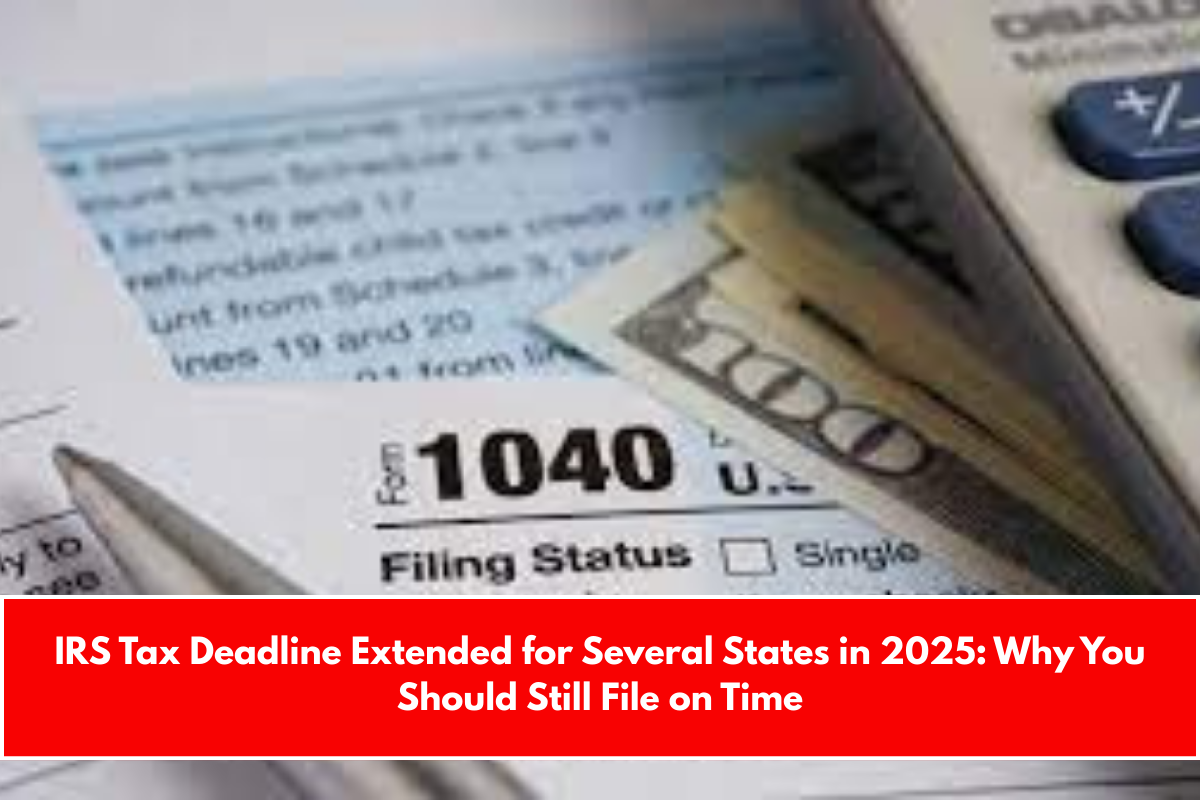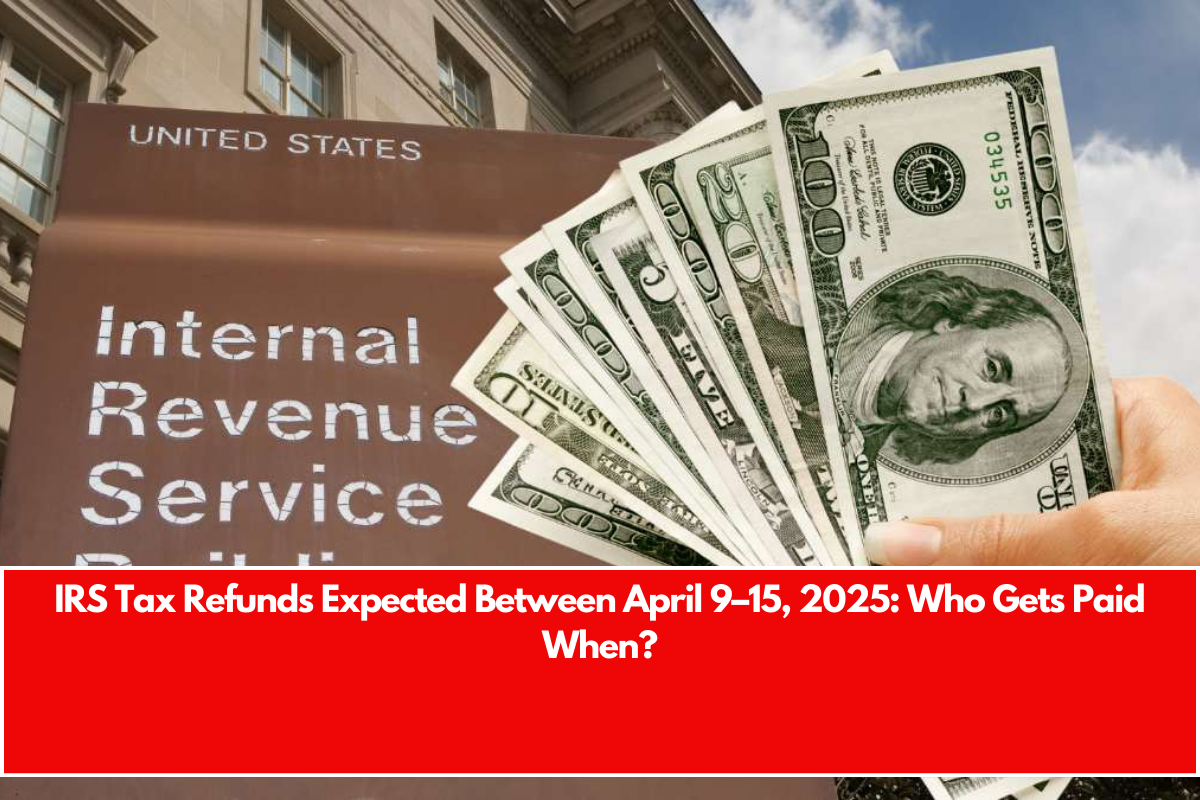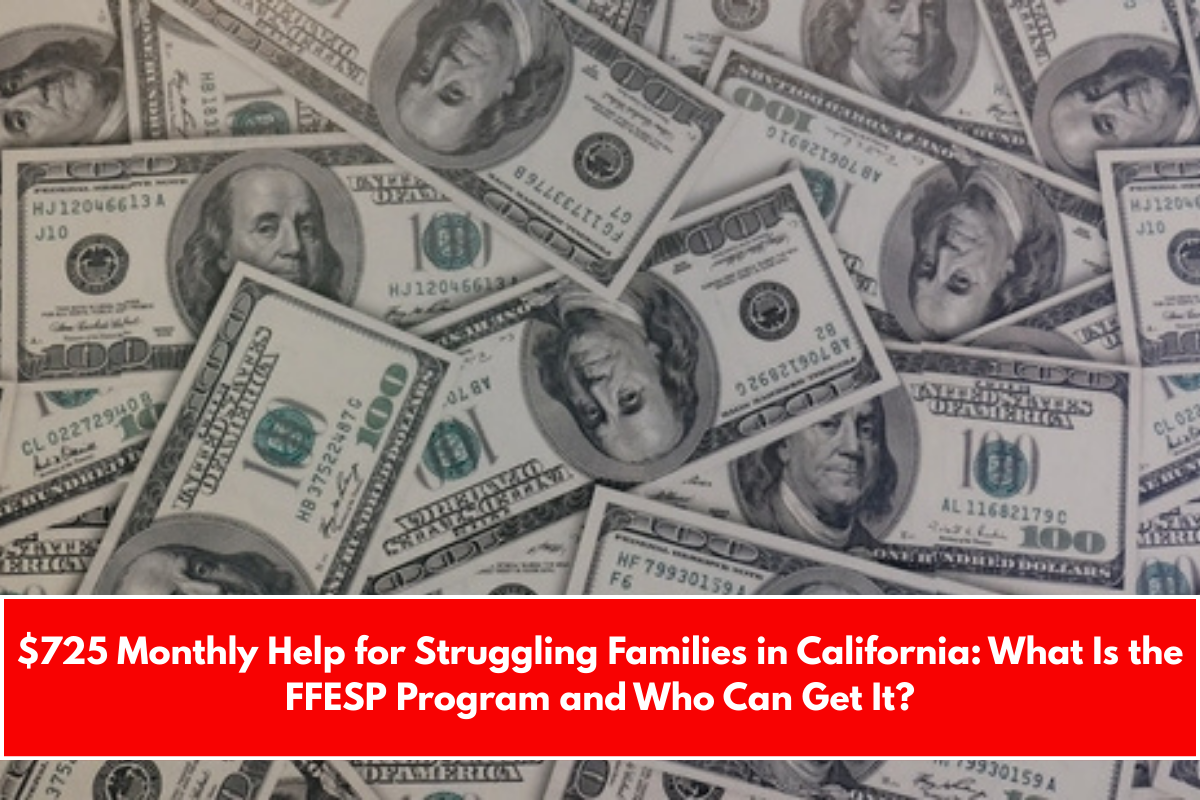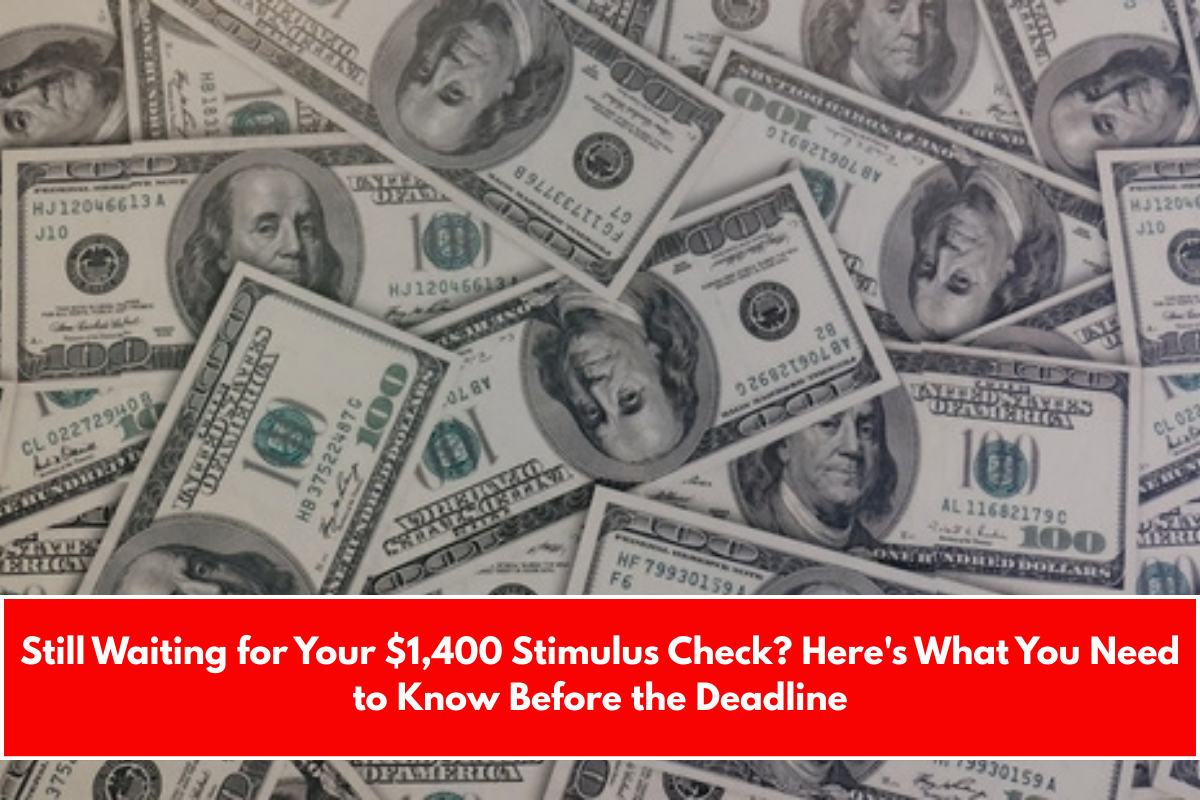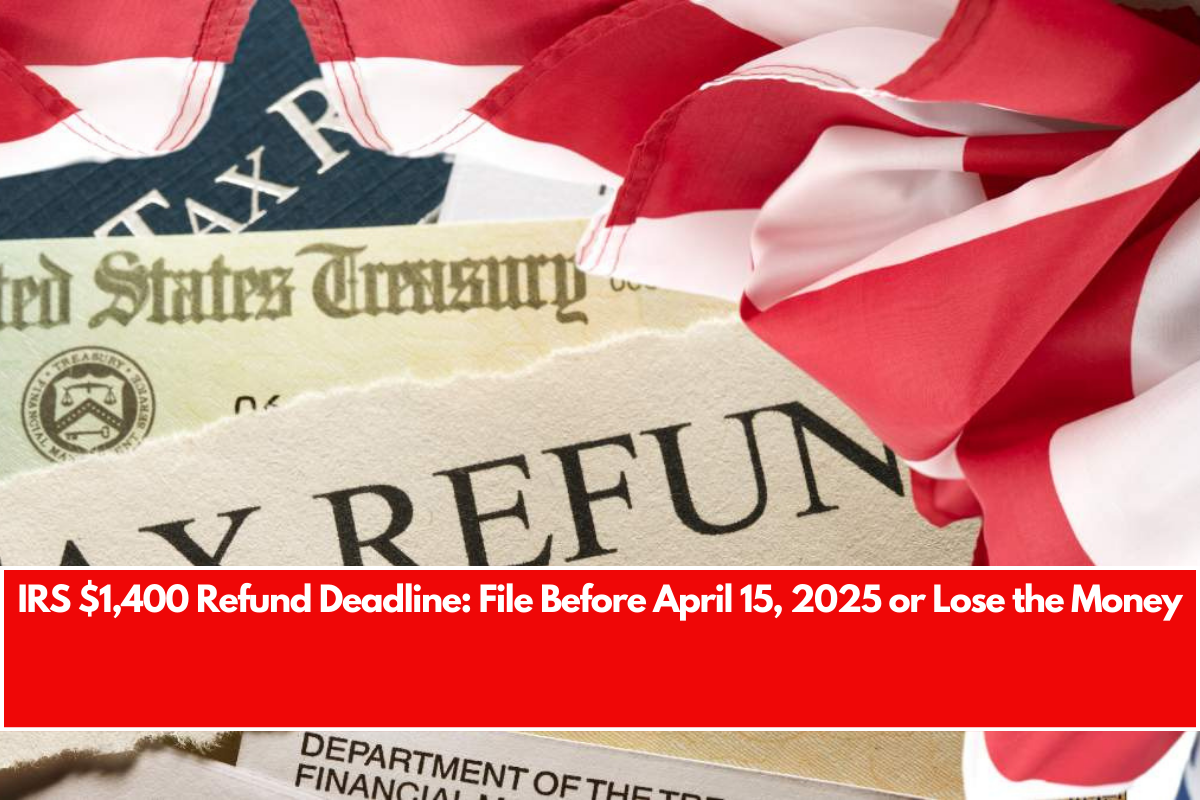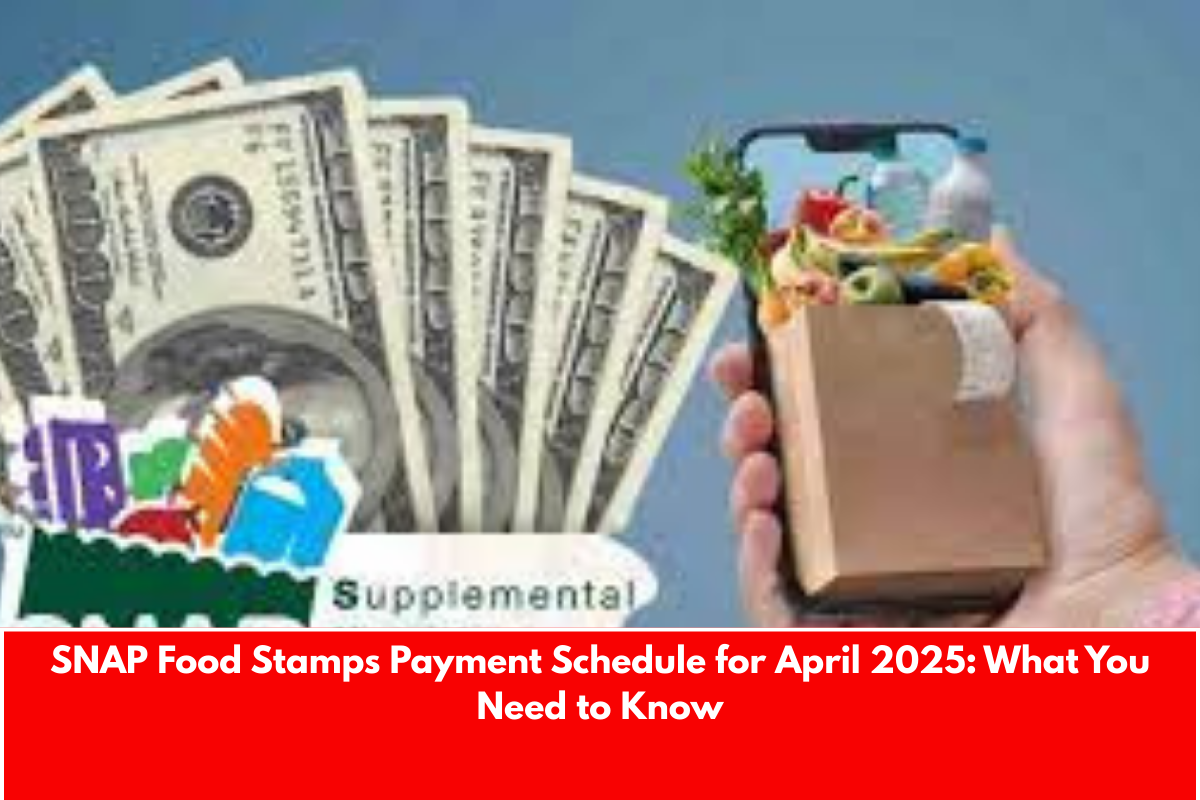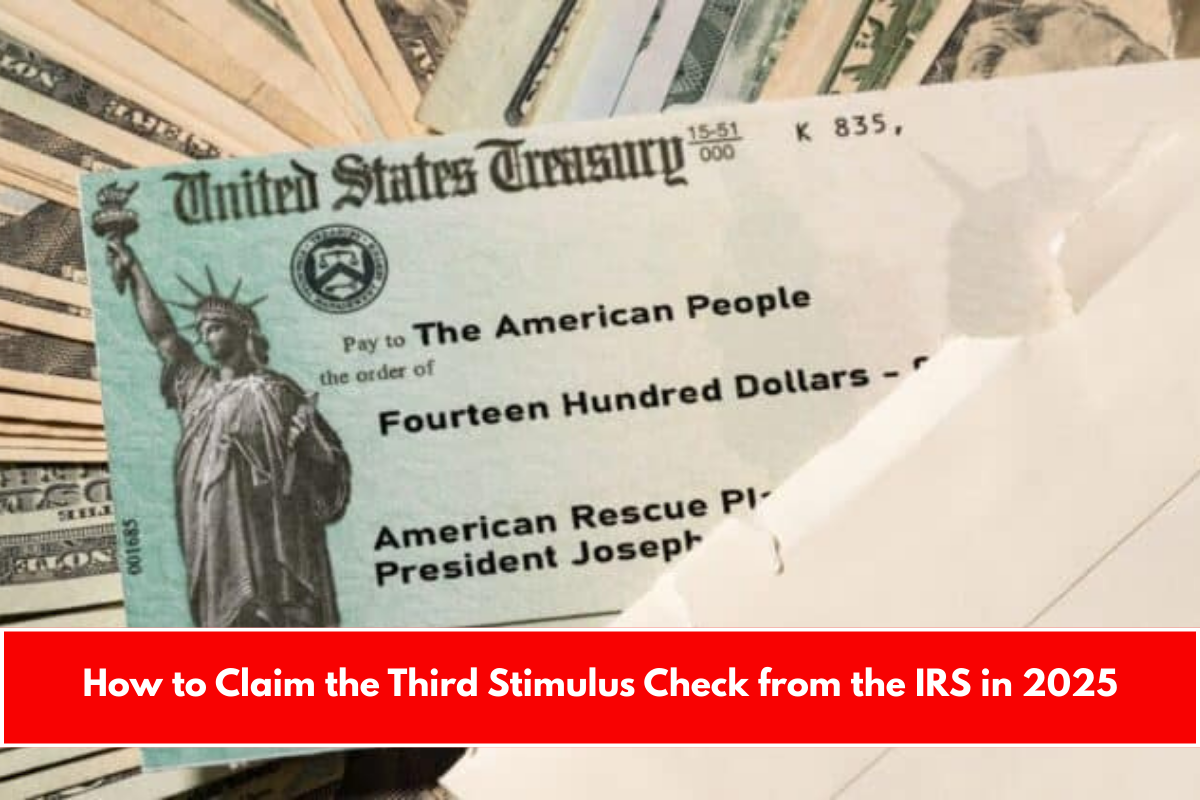Even families with high incomes can fall into serious debt if they don’t manage money wisely. That’s exactly what happened with Sarah and her husband, who recently shared their story on a popular investing podcast. Despite earning well over ₹1.3 crore a year ($161,000), they are drowning in credit card debt and struggling to stay afloat.
Their Financial Situation
Sarah explained that her husband is a blue-collar worker with a commission-based job, meaning his income changes month to month. Over the last three years, he earned $180,000, then $161,000, and recently $140,000. While this may sound like a good income, the couple faces high monthly expenses that quickly eat into their earnings.
Their biggest monthly cost is a ₹3.4 lakh ($4,120) mortgage. They also have a debt consolidation loan and high health insurance premiums. In total, they’re spending nearly $9,600 every month, even though their average monthly income is around $13,000.
How the Debt Grew So Fast
The couple has racked up a shocking $127,000 in credit card debt. Sarah revealed they bought an $18,000 motorcycle using a credit card to earn reward points. They also used credit cards to pay other bills when cash was low.
Ramsey Show host George Kamel asked where their money was going. Sarah replied that it “just disappears,” which highlighted a major issue—lack of budgeting and control over spending.
The Real Problem: Overspending
Ken Coleman, another host on the show, made it clear that the real problem wasn’t the irregular income, but rather the couple’s spending habits. He explained that they were living beyond their means and relying on credit cards to fill the gap.
“You’re not living within the means, whether it’s regular or irregular – that’s the problem,” he said.
Suggested Solutions
The podcast hosts offered strong but helpful advice. First, they told Sarah to sell the motorcycle immediately. It was adding $360 to their monthly payments and keeping them in debt. Sarah hesitated because her husband loved the bike, but the hosts reminded her that true happiness doesn’t come from material things—it comes from peace of mind.
They also advised the couple to:
Cut up all credit cards – to avoid further debt
Close credit card accounts – to stop using them again
Freeze their credit – to prevent more loans
Use the debt snowball method – pay off small debts first to gain momentum
Sell extra belongings – and work harder to pay off what they owe
Sarah asked if she could talk to creditors for lower interest rates. While the hosts said that’s worth trying, they stressed that selling the motorcycle, cutting expenses, and changing spending habits should come first.
Learning to Let Go of “Stuff”
Sarah admitted she found it hard to ask her husband to give up his motorcycle because it made him happy. But George explained that real happiness comes from being free of financial stress—not from owning things.
“You can find happiness in financial peace,” he said. “It’s not going to come from riding that motorcycle while you’re in crippling debt.”


